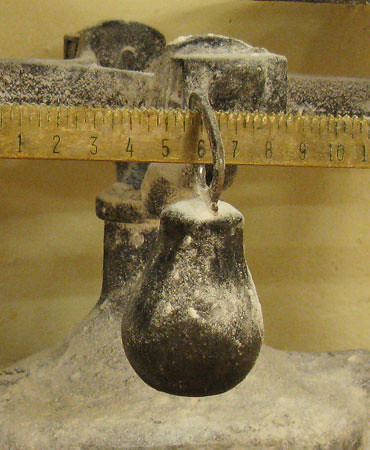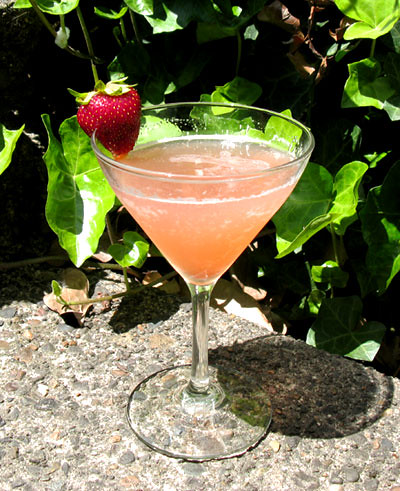 January. Things... slow... down. People are still fancifully admiring their new year's resolutions and delicious, rich, happy pastry is usually not a high priority. This lull is not unexpected. It is the kind of thing you can plan for, and many kitchens use the time to consider, ponder, plan, test and start prepping. It's also a time where the job gets easier. It's a time where the needs get scaled back. When you're used to running on all cylinders to just keep up with the holidays, you find inexplicable pockets of dead time. You can look around a bit more, take the time to notice the people around you.
January. Things... slow... down. People are still fancifully admiring their new year's resolutions and delicious, rich, happy pastry is usually not a high priority. This lull is not unexpected. It is the kind of thing you can plan for, and many kitchens use the time to consider, ponder, plan, test and start prepping. It's also a time where the job gets easier. It's a time where the needs get scaled back. When you're used to running on all cylinders to just keep up with the holidays, you find inexplicable pockets of dead time. You can look around a bit more, take the time to notice the people around you.So who is around me? Who cooks? It's a question I find interesting because, quite simply, this is a weird industry. We work, for the most part, inconvenient hours. We expect to not take holidays off. It is blue collar, hard labor, and has long term physical effects. According to one BBC article chefs take the lead as far as unhealthy lifestyles go. Can't say I've seen too many examples to the contrary. Little money, little chance of greatness, celebrity or even serious recognition. So what gives?
Only one possible conclusion. We are all batshit crazy.
Oh, there are different types of crazy: chemically induced, DSM-IV recognized, food obsessed, lost... but every one of us is tweaked out in some way. This doesn't make us necessarily bad people (although some are). It just means that if we were forced to sit at some desk, move around numbers and speak cheerfully to strangers, lots of people would get a first hand opportunity to see how crazy we are. Somehow, though, the kitchen is an outlet, a direction. The food gives us a connection to the world, grounding. People who cannot manage a coherent sentence in a party situation can be a social butterfly in this safe place of fire and water and flour and eggs.
I've never met a cook who bored me. Yes, I've met plenty who I wouldn't want to meet up with outside of a kitchen, but all of them had a story behind their eyes. What is interesting is that there is no coherent link, no absolute shared anything. Educated or not, ambitious or not, even skilled or not. Race, color, creed, sexual orientation, family history, religious affiliation, dietary considerations, gender, allergies, whathaveyou doesn't matter. There's a kitchen for you somewhere.
If you're crazy enough.






